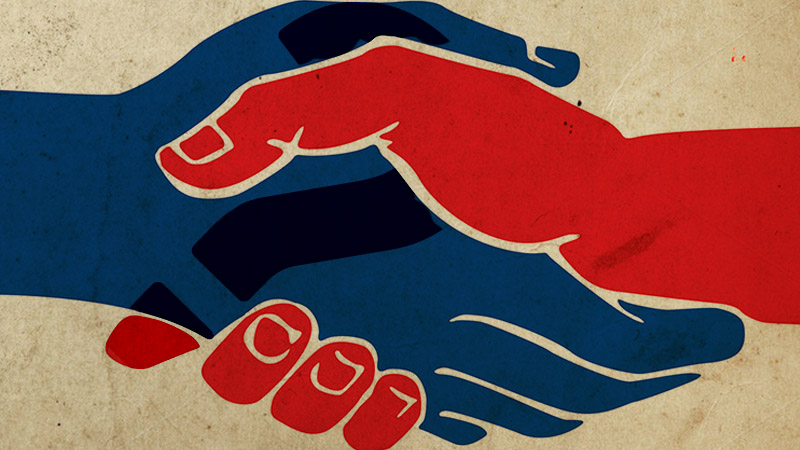
While many still see socialism as a modified communism, which in several respects embodies restrictions on freedom, an increasing percentage see it as equality and state social benefits. Left: 19% of the entries focus on the control of the state over the means of production or the control over income, wealth and / or wealth distribution.
These results make it clear that socialism is a comprehensive concept that Americans can understand in many ways. While Democrats, the majority of whom view socialism favorably, tend to view it more as government provision of services, Republicans, who view it mostly negatively, tend to view socialism as a derogatory term for government control of the economy, while Democrats and majorities who view socialism favorably are less likely to view it as derogatory to government control of the economy. No doubt candidates who have been affiliated with, or otherwise claimed to be affiliated with, the Democratic Socialists of America will continue to define what the term means to them and to their personal views.
When asked about their understanding of the term "socialism," 17% of Americans define it as state ownership of all means of production, more than twice as many as in 1949, when Gallup first asked Americans "views on it. Americans tend to define socialism as equality for all, while others see it as a modified form of equality in which people must be social in order to reach one another.
According to an Axios news report, 40 Socialists have won primaries this year, and the membership of the Democratic Socialists of America (DSA) has increased from 7,000 in 2016 to more than 50,000 in 2017.
Therefore, most democratic socialists call for a solution to the conflict between democracy and capitalism by extending democratic principles to the economy. Socialists, therefore, argue that profound changes in the economic structure of society are needed to make the United States and the world a fairer and more democratic society. If socialist parties win elections but do not change the basic economic system, they will conform to the wishes of the capitalists.
Socialism provides the principles and systems that lead to economic inequality and dysfunctional democracy. Socialists examine the parallels between political and economic systems, arguing that democratic principles must be applied to the economic arena in order for economic and political decisions to have a real impact on the well-being of people and the economy as a whole.
Instead, much of the book is spent writing about the injustices of socialism that went wrong in the twentieth century and the failed business of capitalism. It also describes how the socialists have helped make the world far worse than it would otherwise have been. Anyone who wants to exploit others will be interested in socialism, and I am sure you will be too.
Lenin was able to expound the ideas of the early socialists and to contribute to bringing socialist planning to the national level after the Bolshevik revolution in Russia in 1917. Many modern socialists have adapted to a higher system of regulation and redistribution, sometimes referred to as market socialism or democratic socialism. The capitalist economy, also known as the free market economy, differs from it in its declared and implicit goals and structures.
Socialists and free-market economists tend to agree on the basic economic framework of supply and demand, even if they disagree on some of the more fundamental aspects of economic theory, such as the role of the state in the economy and the relationship between supply and demand.
Democratic socialism is an economic, social, and political ideology that says that while society and the economy should be run democratically, they should also be devoted to meeting the needs of people as a whole, rather than promoting individual prosperity under capitalism. Democratic socialists advocate the use of existing participatory and democratic processes for the development of society, not the revolution characterized by orthodox Marxism. In a planned economy, a socialist government uses centralized planning to distribute resources based on the needs of individuals and society as a whole.
Comments
Post a Comment